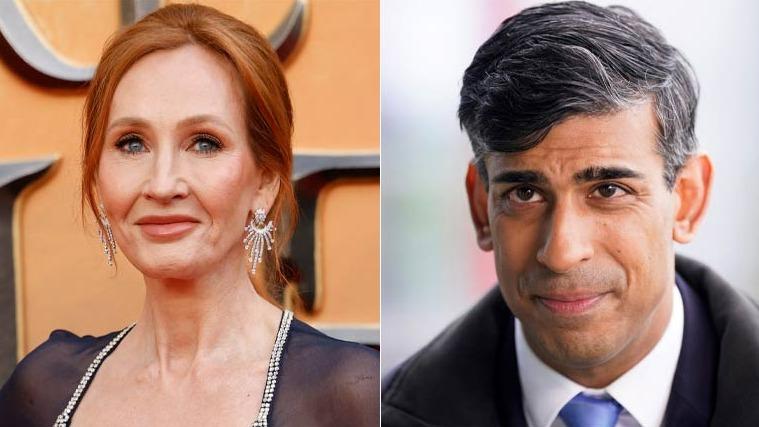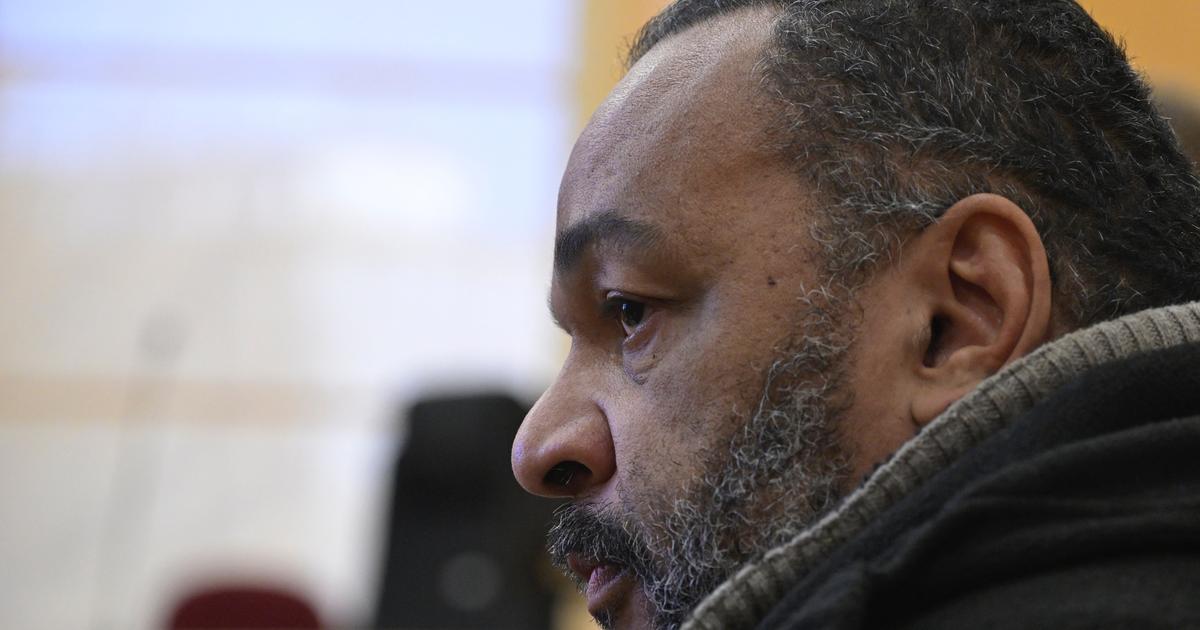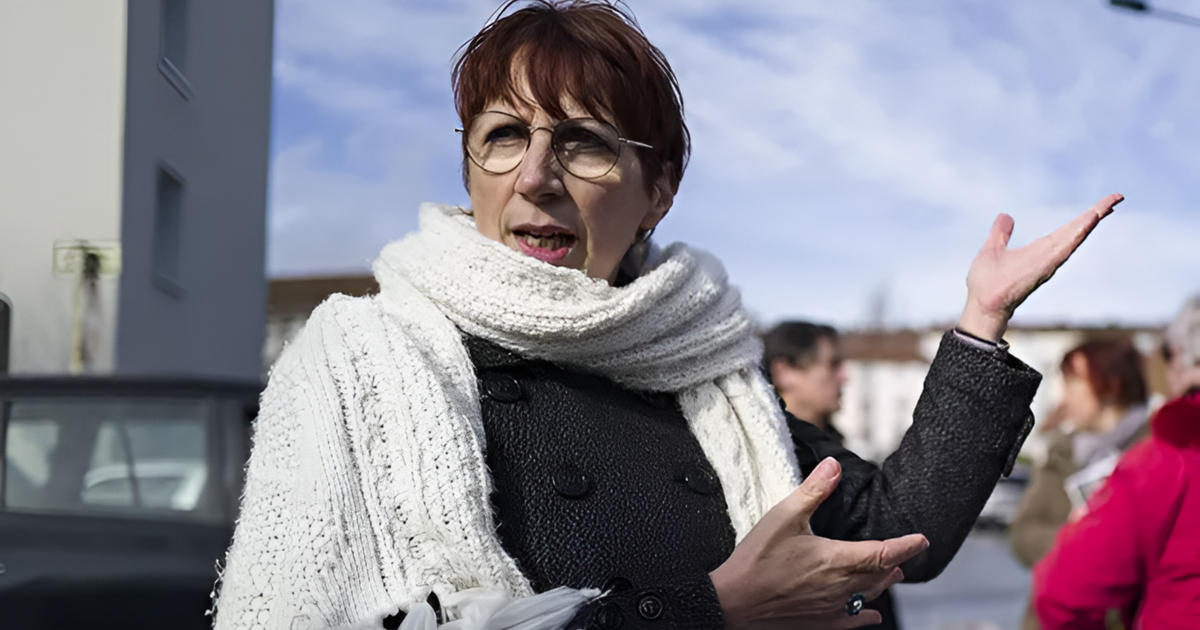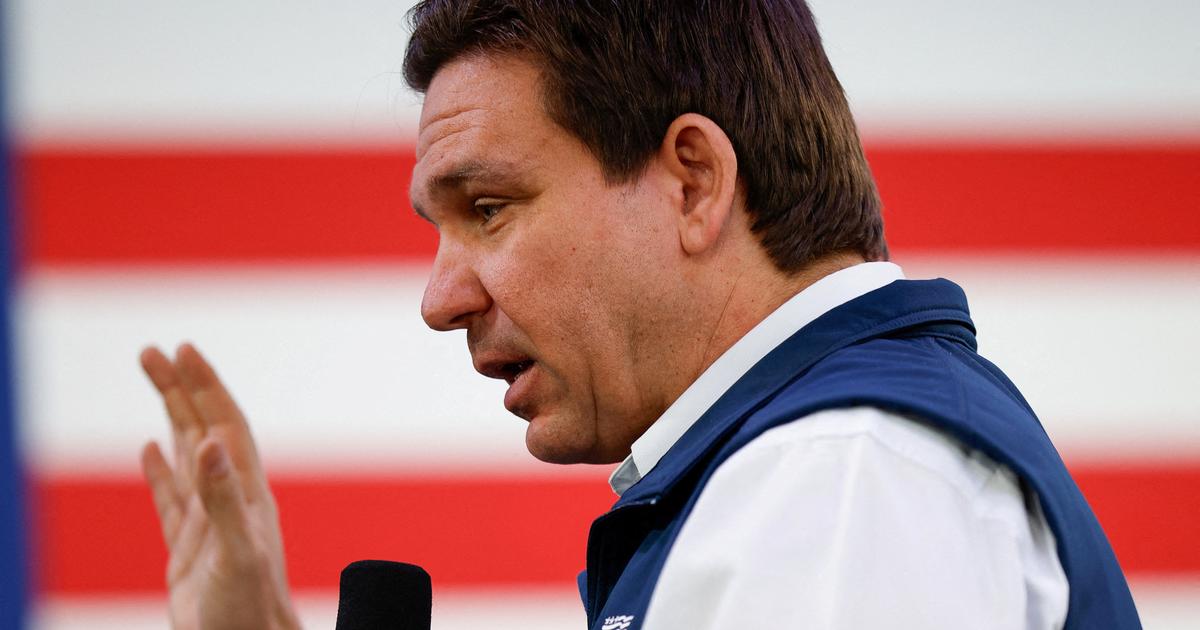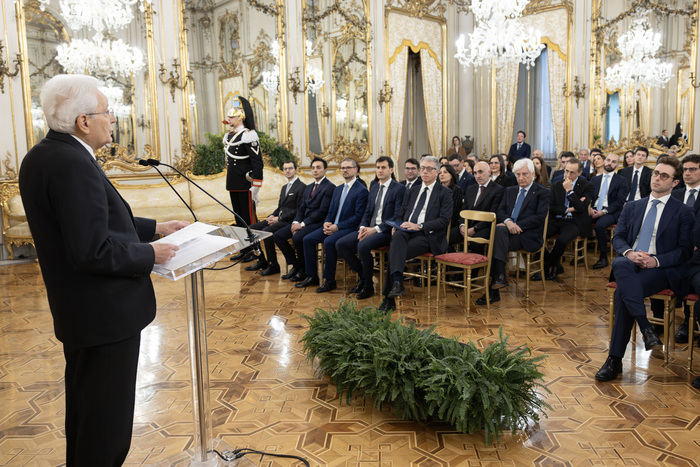Enlarge image
Youtube star Rezo: No interview with Union candidate Armin Laschet
Photo: Elmar Kremser / SVEN SIMON / imago images
My word of the week is "Menno!" Or "Mimimi". Both fit very well with Rezo, the YouTuber, for example. He wanted, and why not, to have Armin Laschet with him for an election campaign interview format, but got a basket and then stamped his foot on the Internet like little Kasimir, who wants to go to the ball paradise at Ikea, but, menno !, is not allowed. In a video last week, Rezo explained why that is absolutely not his concern - to reject him an election campaign format, because by doing it anyway, Armin Laschet would turn his back on the youth in the country and super-critical questions (from Rezo) too. Rezo did not say that Laschet could destroy democracy in Germany, but it seemed to me that he was on the verge of it.
I know you shouldn't think something like that, but then I thought: Mimimi, howls.
If I had sung fifteen minutes on YouTube for every interview that was missed in the past few years, the Internet would be half full with that alone.
To exaggerate the injured professional vanity to such an extent is a political howling that does not at all fit the cheerful, robust aggressiveness with which Rezo once set out to "destroy" the CDU.
At least there was pressure on the line.
But you don't get any younger.
And to get into the big picture of the new German wimp: Somehow the mimimi-like disproportion between the rougher debating behavior on the one hand and the thinner skin of the combatants on the other is also reflected in the Allensbach survey on "freedom of expression".
"Do you have the feeling that you can speak your political opinion freely in Germany today, or is it better to be careful?" Was the question for the "FAZ". Forty-five percent of those questioned answered that opinions were free to express. A similar number voted in favor of “being careful”. At first glance it looks like a very bad testimony about the state of freedom of expression in Germany. If you think about it a little longer, however, the picture changes, I think.
In similarly structured surveys, the confidence of Germans with a view to the economic situation in the next twelve months is regularly examined. As a rule, there are very different values for the prospects for Germany as a whole (mostly rather skeptical) and for the prospects for the respondent personally (mostly rather positive). I would also like to have this cross-check on the question of freedom of expression. Did the respondents formulate their assessment of the (alleged) situation in the entire country? Or did you explain how you feel about balancing opinion and caution? So would 44 percent of Germans also answer "yes" to the question of whether they "let someone shut them up"? I don't think so, and I would like to get to know you, these people,who let themselves be kujoned by a gendering radio morator and, out of "caution", no longer admit that they have pork neck steak on the grill.
If, in my new television work, I am jolted by a lateral thinker or a left-wing madman to finally broadcast "the truth" that we as the "lie press / gap press" would have kept suppressing to date, then I have a little saying ready (the is not from me): "Not everything that you have not seen has not been broadcast." If the Allensbach poll was riddled, the sentence would mean: Not everything that people no longer say is no longer allowed (or even forbidden). The Allensbach respondents had to choose between "free" and "cautious" when expressing their opinions. If this is reflected in the fact that over the years it has become a little more complicated to discuss certain topics with your own adult children, then I accept that "cautiously".as long as they talk to me at all. It is a fine art to articulate your own discomfort at certain social changes in such a way that those who care about you don't feel hit in the face. So I too often belong to the "cautious" group. So am I contributing to the clouding of freedom of expression? So far nobody has accused me of that.
And one more question: The long-term series of the Allensbach surveys are always impressive, but are they really meaningful in this case?
According to the figures, political freedom of expression was much better in 1953 than it is today, but I'm sorry, that's a joke.
70 years ago, the socially defined corridor of opinion was likely to have been much narrower than it is today, and that the female half of the population would consistently have had an appropriate place in it would also be new to me.
Anyone who expressed doubts about the economic order or the extremely smooth transfer of thousands of Nazi batches to the new Germany was advised to "go over there" or in some places a police stick was pulled over.
more on the subject
Rezo criticizes corona politics: "Such a bunch of incompetent Dullis!"
In short: every time lives in itself. And if the debate today is rougher than it used to be, which it clearly is, then the skin should not become even thinner. Then the display of the sore chafed areas should not be allowed to replace arguments as well as those larmoyant language police allegations, which are unfortunately increasingly busy left and right of the center. Freedom of expression in Germany is not restricted in any noteworthy degree by government agencies, I hope we can all reasonably agree on that. Instead, the following applies: Hell is the others. But it also applies: Without the others, it would be terribly boring here.


